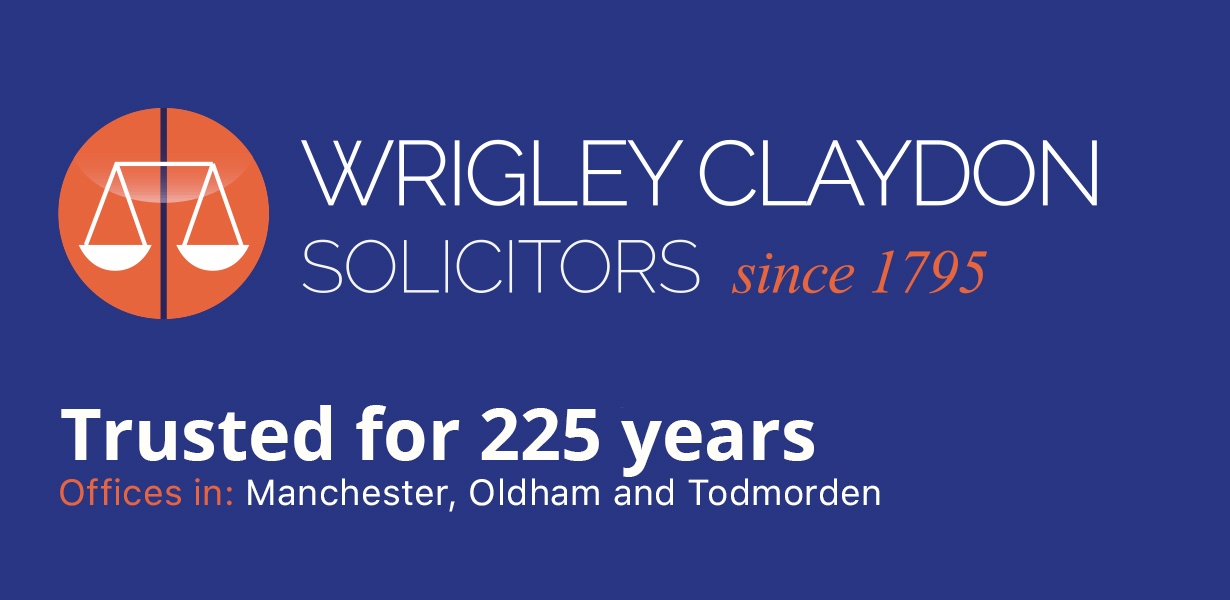Commercial law can be complicated, here are our top tips on making sure things go smoothly.
1. Location
Before you enter into negotiations consider whether the property is right for you. Speak to a surveyor to make sure you are not paying over the odds for a property in that location. Also make sure that the Landlord and the local planning regulations permit you to use the property for your desired use.
2. Term
When negotiating on the length of a lease term you should assume that you will be liable for the entire term. It sounds obvious, but do you really want to be committed to pay rent in the property for the next 10 years, whether or not your business is doing well? Do you have protection under the Landlord & Tenant Act?
3. Costs
Landlords will sometimes request that you pay their legal fees for entering into a lease with you. This is not something you have to agree to and is a matter for negotiation.
4. Guarantors
A Landlord may request a guarantor to the lease, especially where the tenant is a limited company. A guarantor will guarantee a tenant’s performance of a lease and is liable on the same basis as the tenant.
5. Rent Deposit
Landlords may request a deposit upon commencement of a lease to cover the possibility of a tenant default. Consider whether you wish to negotiate that such a deposit is released before the end of the lease e.g. after 1 year or when you can provide accounts showing annual turnover three times greater than the rent.
6. Break Clause
Do you want the ability to bring your lease to an end early? By including a break clause you can have the right to do so at specified times during the term of your lease.
7. Alienation
Are there going to be any restrictions to your ability to ‘transfer’ the lease? Leases often include restrictions that do so, which could make it very difficult to dispose of your lease should you wish to do so before the term has ended.
8. Security of tenure
Leases for business purposes generally attract ‘security of Tenure’ under the Landlord and Tenant Act 1954. ‘Security of Tenure’ means that you have an automatic right to renew your lease at the end of its current term (subject to some exceptions) should you wish to. Check whether your lease going to be excluded from these provisions or not.
9. Repair
This is the most important element of negotiations to get right. Decide whether you are happy to have an open ended obligation to put a property back into repair (whether or not it was in repair when the leases starts) or whether you would like the obligation limited by reference to a schedule of condition
10. Finally
Take advice from a Solicitor.
If you would like further information or to talk to us about commercial law please call us on 0161 785 3521.
John Porter
Latest posts by John Porter (see all)
- 5 Steps to consider before buying or leasing commercial property - 13th September 2023
- Changes to Employment Law April 2020 - 5th April 2020
- Toys R Us on brink of administration - 8th January 2018
- Talk over sale of Newcastle Utd as owner Ashley meets investment firm - 22nd December 2017
- GVC gambles on Ladbrokes Coral takeover - 15th December 2017





